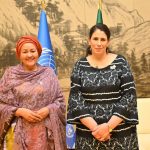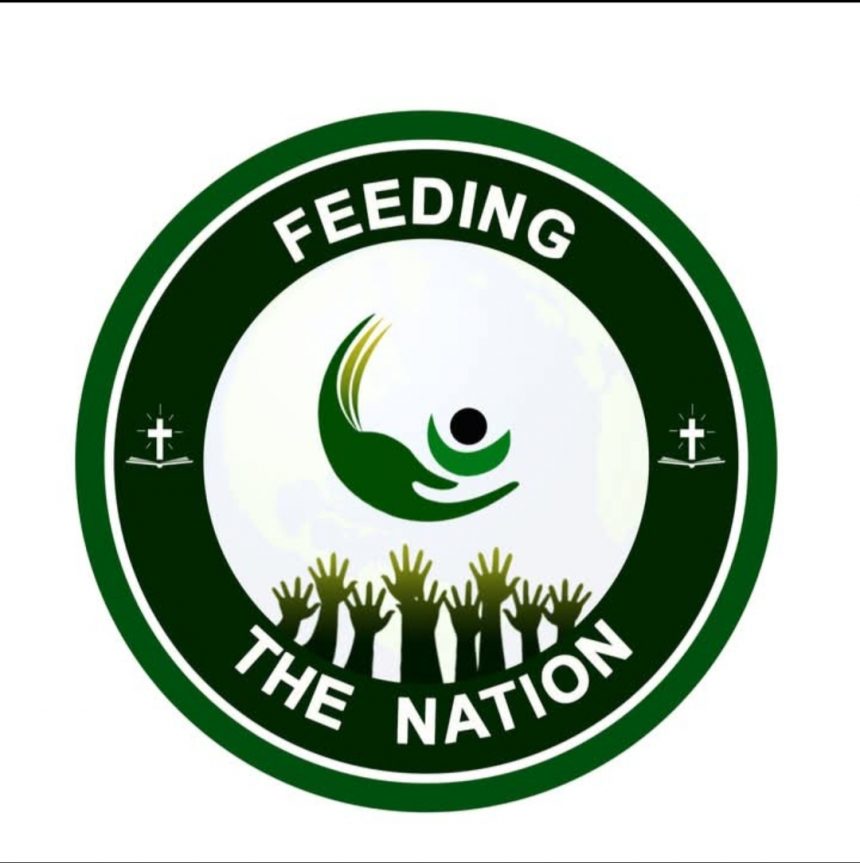Feeding the Nation or Funding Corruption?
Tracing the Gap Between Agricultural Budgets and Food Security in Nigeria
By Dr. Aiyeku Olufemi Samuel
Development Economist | Policy Consultant | Co-Founder, Global Human Capital & Energy Management Limited
In a country with over 200 million citizens, food security should be sacrosanct, not optional. Yet, insecurity, hunger, and undernutrition persist, while billions are budgeted for agriculture every year. This raises a difficult but necessary question:
Are we truly feeding the nation, or simply funding layers of corruption masked as agricultural development?
The Budget vs. the Bowl: A Disconnection
Each year, Nigeria allocates billions to the agriculture sector. For instance:
N362.9 billion was allocated to agriculture in the 2023 national budget.
In 2024, the budgetary allocation to agriculture increased to over N370 billion, with promises of improved mechanization, access to credit, and support for smallholder farmers.
Yet, the Global Hunger Index (GHI) ranks Nigeria 103rd out of 121 countries, indicating serious hunger.
How do we reconcile this paradox—large agricultural spending and worsening food insecurity?
Where do these funds actually go?
Largely to overheads, duplicated programs, uncompleted projects, and politically motivated “empowerment schemes.”
Why aren’t our farmers getting better inputs, storage, or access to market?
Because policies are often designed top-down without understanding the real needs of rural communities.
Is it a funding problem or a usage problem?
It’s both—but more of a usage problem. Corruption, inefficiency, and lack of accountability dominate the system.
The Root of the Problem: Systemic Weaknesses
Ghost Farmers and Ghost Projects
Programs like the Anchor Borrowers’ Programme were hailed as revolutionary, yet billions of naira remain unrecovered, with many beneficiaries untraceable.
Lack of Transparency
The procurement and distribution of inputs—seeds, fertilizers, tractors—are plagued by inflated contracts and favouritism.
Low Budget Execution
Despite allocations, less than 40% of capital projects in agriculture are often executed.
Over-politicization of Interventions
Projects are distributed to political loyalists, not to those most in need—turning food into a campaign tool.
The Cost of Hunger
Over 70 million Nigerians are food insecure.
The World Bank estimates that malnutrition costs Nigeria over $1.5 billion annually in lost productivity and healthcare.
Rural poverty and lack of access to arable land remain major barriers.
“Corruption in agriculture is not just theft of money—it’s theft of food, of nutrition, of dignity, and of national security.”
~ Dr. Aiyeku Olufemi Samuel
What Must Be Done: From Paper Policy to Planted Solutions
To bridge the gap between agricultural budgets and food security, Nigeria must urgently:
Audit Past and Present Programs
Track every kobo allocated and ensure forensic audits of major schemes like the Anchor Borrowers’ Programme.
Decentralize Implementation
Empower local agricultural cooperatives and state agencies with more autonomy and transparent oversight.
Invest in Storage and Processing Infrastructure
Nigeria loses 40–60% of its farm produce due to poor storage and transport. That’s not just a waste—it’s a national tragedy.
Use Data-Driven Planning
Real-time data can help target the right farmers, track delivery of services, and measure impact effectively.
Digitize Farmer Identity and Support Systems
Through digital identities and smart payment systems, subsidies and loans can reach real farmers, not political ghosts.
Involve the Private Sector
Encourage agricultural investment by de-risking value chains and improving access to finance and insurance.
The Big Picture: Agriculture is National Security
No country is truly sovereign if it cannot feed its people. Nigeria’s agricultural future is not just about crops—it’s about survival, stability, and sovereignty.
If we continue to under-deliver while overspending, we’re not solving hunger—we’re institutionalizing it. We cannot keep recycling corruption and expect fresh harvests.
Closing Thought
“You cannot budget your way out of hunger if you’re budgeting into corruption.”
~ Dr. Aiyeku Olufemi Samuel
Nigeria must choose: either invest in the soil or sink in the cycle of suffering.
Dr. Aiyeku Olufemi Samuel
Co-Founder & Lead Consultant, Global Human Capital & Energy Management Limited
Governance Analyst|
Development Economist|
Policy Consultant| Strategic Development Advocate| Climate Action Enthusiast | Sustainability & Impact Investing Specialist|Girl-child Advocacy| PPP & CRM Specialist /Sales Innovation & Transformational Results-Driven Business Analyst












